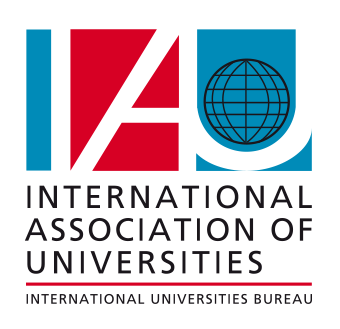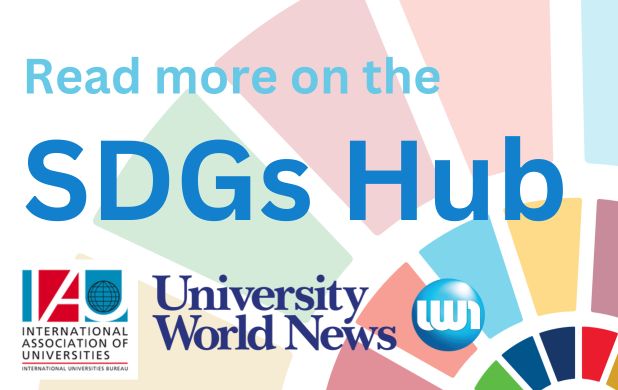UNECE Strategy on ESD
The negotiations for the Fifth Ministerial “Environment for Europe” Conference, which took place in Kiev in 2003, saw the emergence of a UNECE initiative on education for sustainable development (ESD). At the Conference, Ministers gave the green light to draw up a regional Strategy on ESD. In 2005 in the Lithuanian capital Vilnius, less than two years after the Kiev Conference, Ministers and other officials from education and environment Ministries from across the UNECE region adopted the UNECE Strategy for ESD at their joint High-Level meeting.
The UNECE Strategy for ESD's main aim is to encourage countries to integrate ESD into all forms of their education systems and covers all levels from primary to tertiary, including vocational and adult learning.
ESD means including key sustainable development issues into teaching and learning, such as poverty alleviation, citizenship, peace, ethics, responsibility in local and global contexts, democracy and governance, justice, security, human rights, health, gender equity, cultural diversity, rural and urban development, economy, production and consumption patterns, corporate responsibility, environmental protection, natural resource management and biological and landscape diversity.
More Information
Download here.


